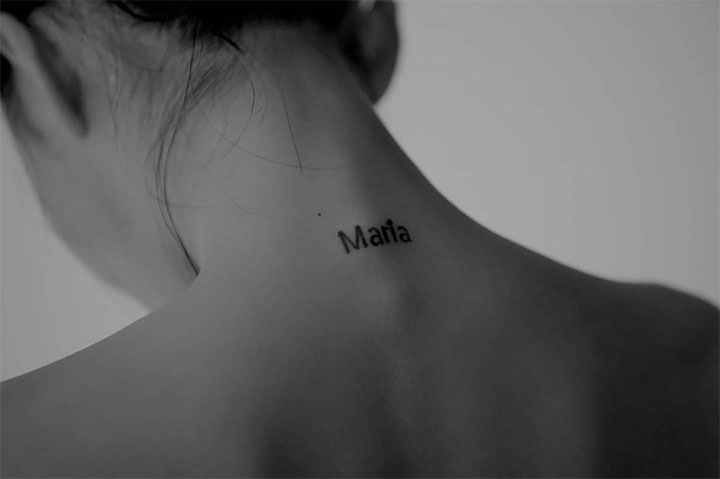The Peninsula
Changing Views on Tattoos in South Korea

Recent spotlight on internationally renowned tattoo artist Doy called attention to the curious cultural dissonance surrounding tattoos in South Korea. There are an estimated 20,000 tattooists in Korea, and many celebrities display tattoos on social media. But tattoos are covered or pixelated on public broadcasts to avoid offending audiences. And until last year, men with tattoos were excluded from active military duty.
While tattoos are not illegal, regulations around who can administer one are quite strict. The 1992 Medical Services Act states that medical practices, including tattoos, can only be performed by licensed medical personnel. Due to this, many artists must operate underground.
Cultural bias against tattoos extends further. In the past, tattoos were viewed as mutilation, or a mark of punishment or ownership. Under Japanese occupation, Korean gangs adopted the aesthetics of the yakuza, using tattoos as markers of gang identification. Older Koreans in particular find it difficult to escape these legal and cultural connotations.
Younger generations, on the other hand, have quickly adapted. When Gallup polled Koreans in 2000, only 10% of those in their 20s found tattoos on a romantic partner acceptable. Today, 10% of respondents have tattoos themselves. A 2021 Gallup poll found that 81% of Koreans in their 20s, and 60% of Koreans in their 30s and 40s are in favor of lifting tattoo restrictions. The same poll found that the younger the respondent, the less they felt tattoos needed to be concealed on television as well. Perhaps summing up the generational divide, Ryu Ho Jeong, the youngest member of the National Assembly, has proposed a bill to create a non-medical licensing system for tattooists. All this may be seen as an example of the plasticity of culture.
This briefing comes from Korea View, a weekly newsletter published by the Korea Economic Institute. Korea View aims to cover developments that reveal trends on the Korean Peninsula but receive little attention in the United States. If you would like to sign up, please find the online form here.
Korea View was edited by Yong Kwon with the help of Kayla Harris, David Lee, Sarah Marshall, and Mai Anna Pressley. Picture from Instagram account of _MARIAHWASA
